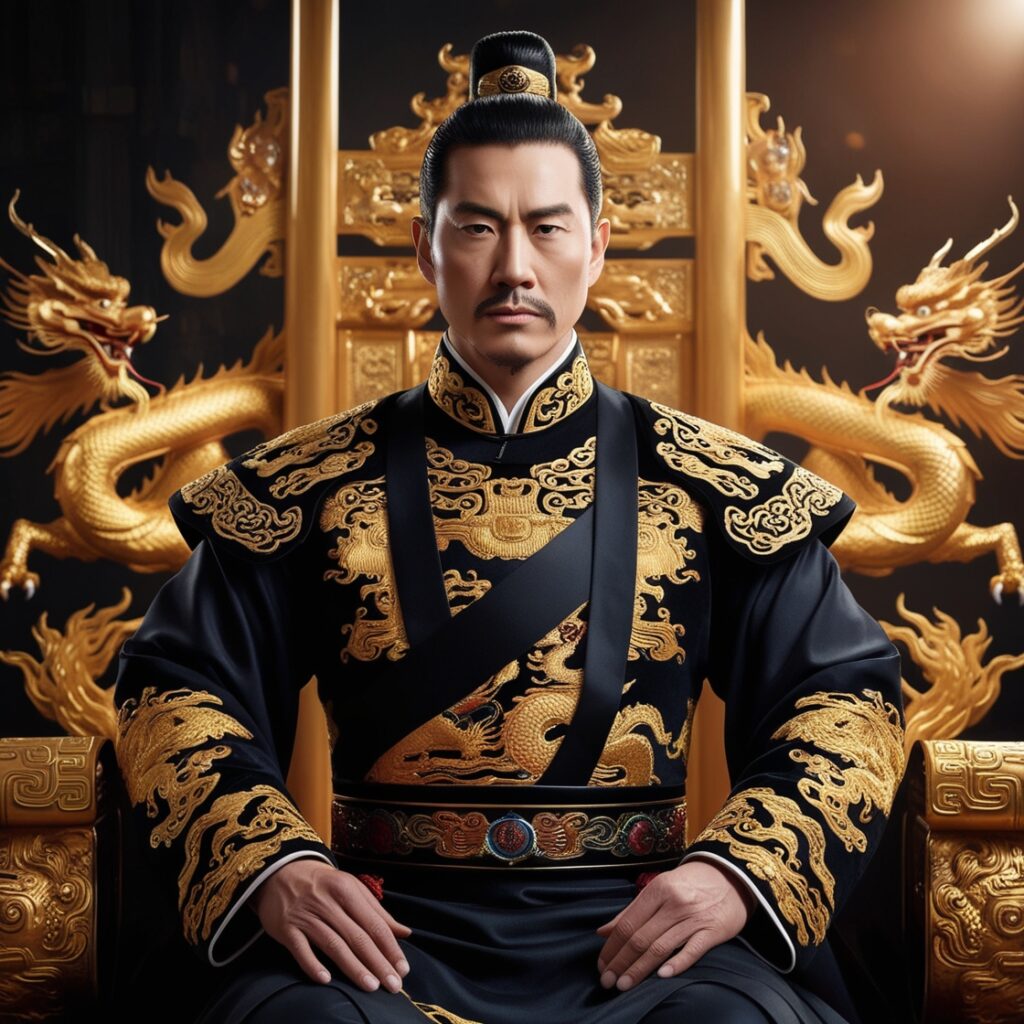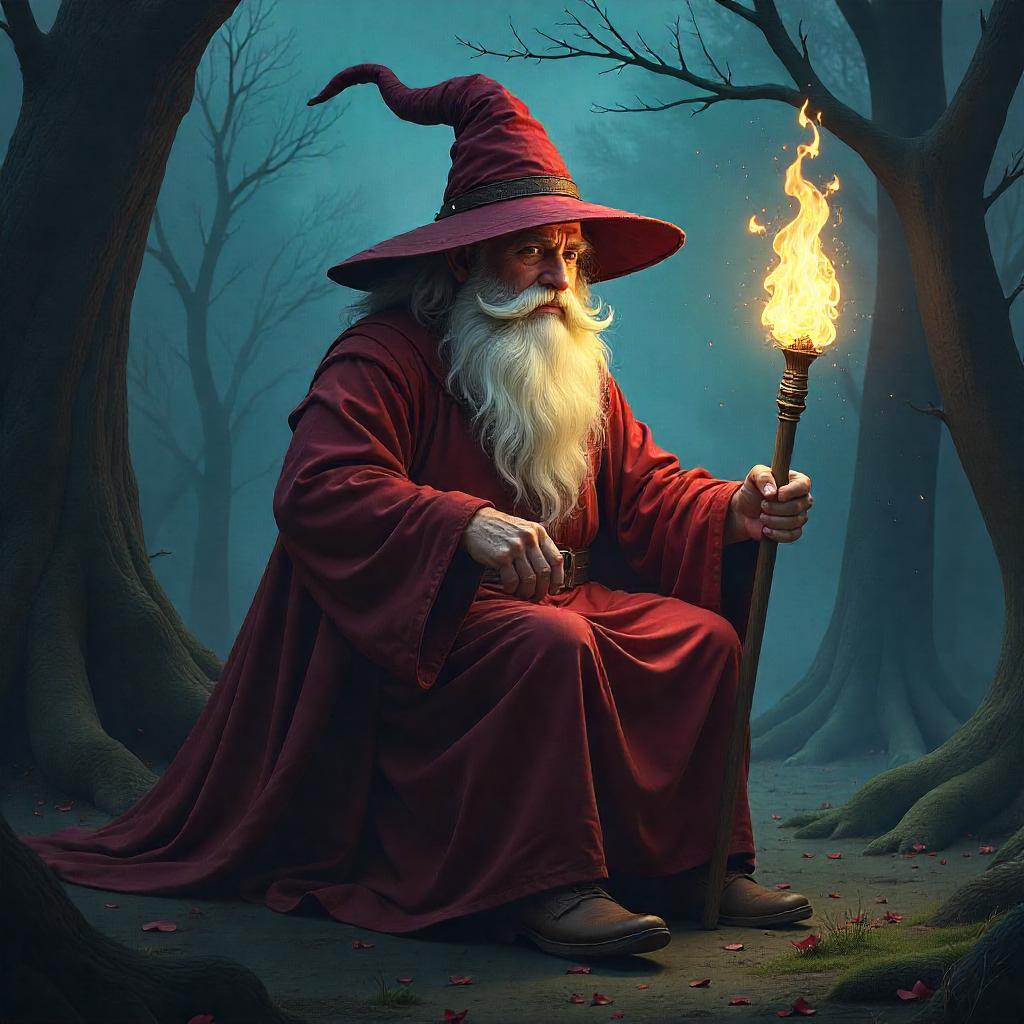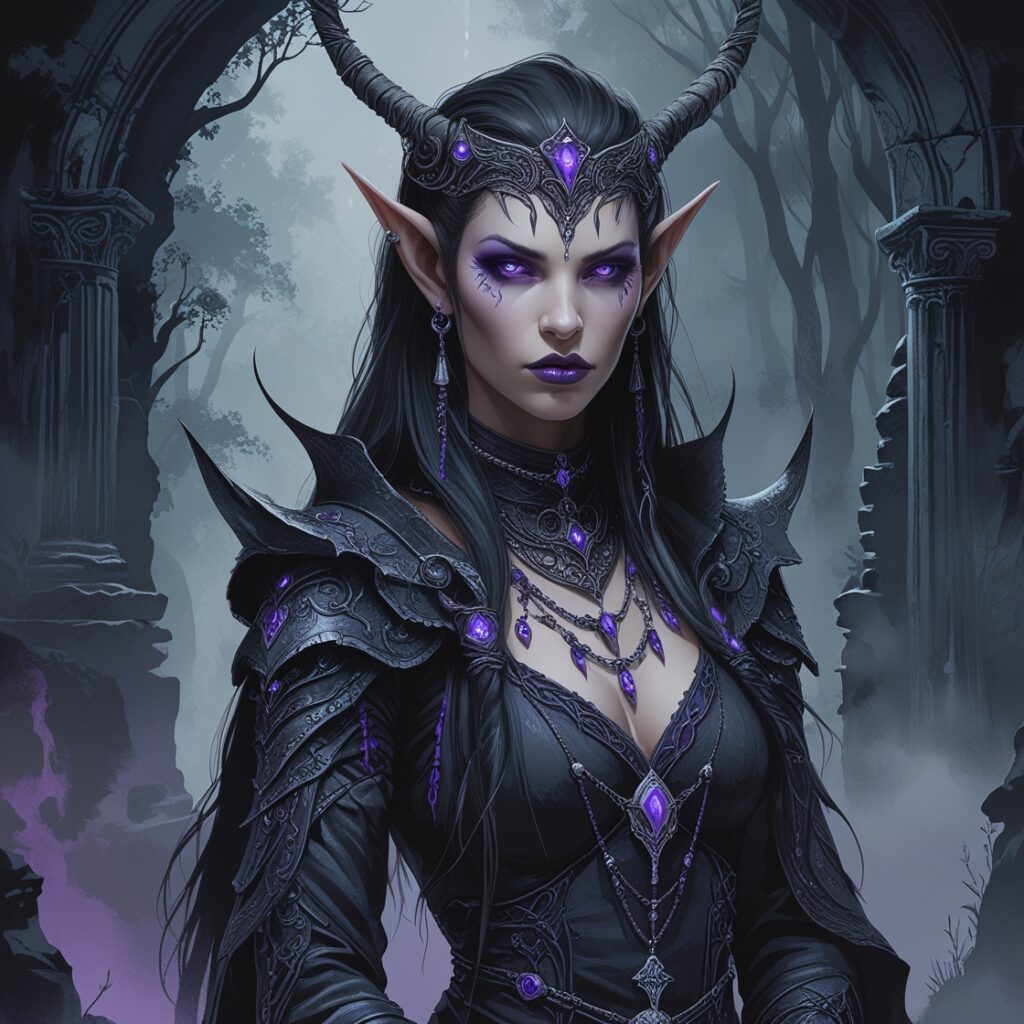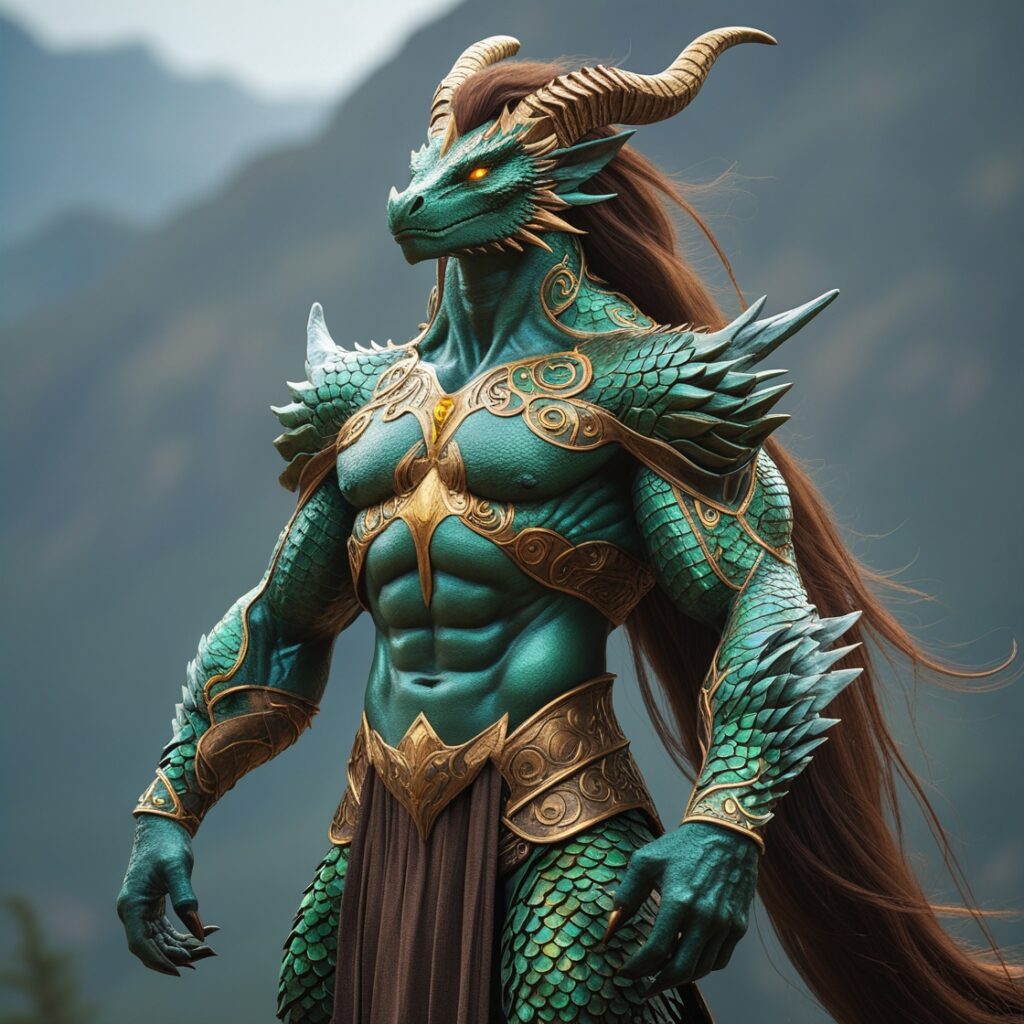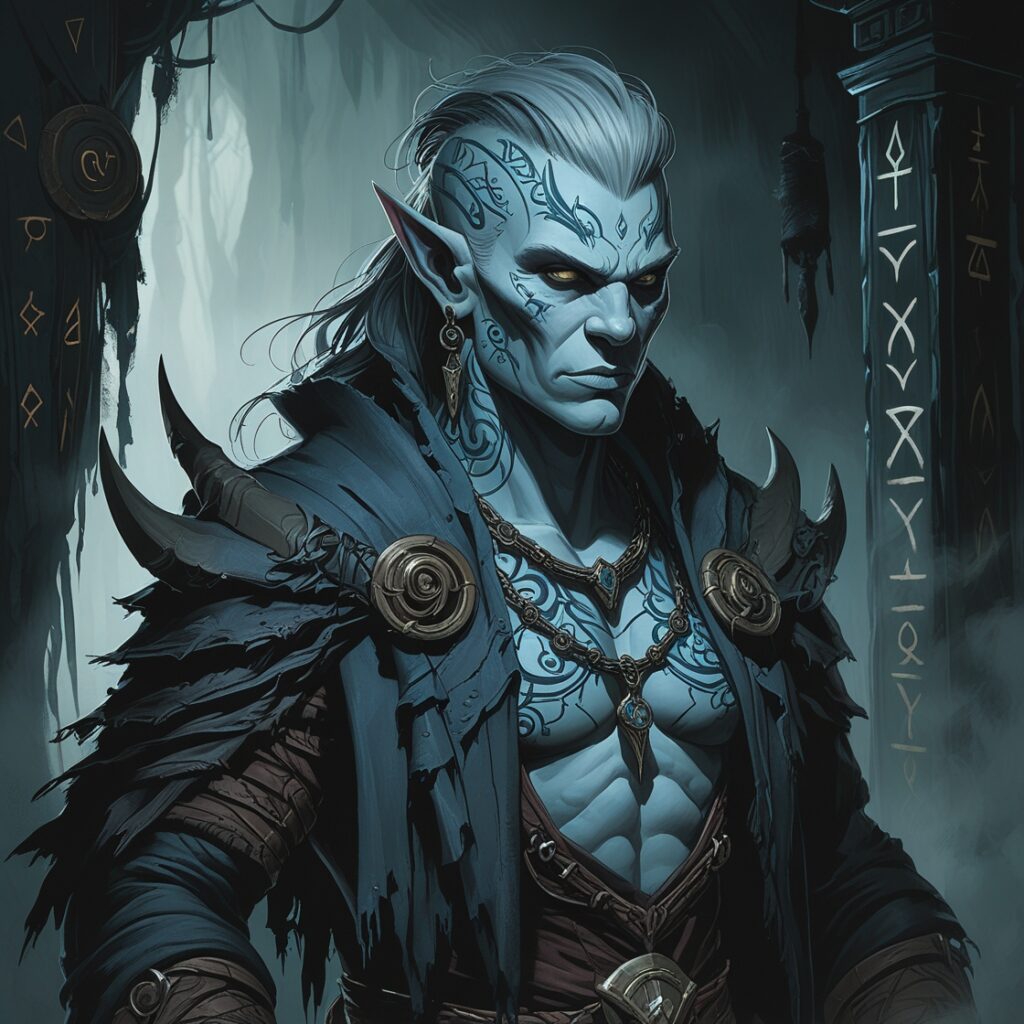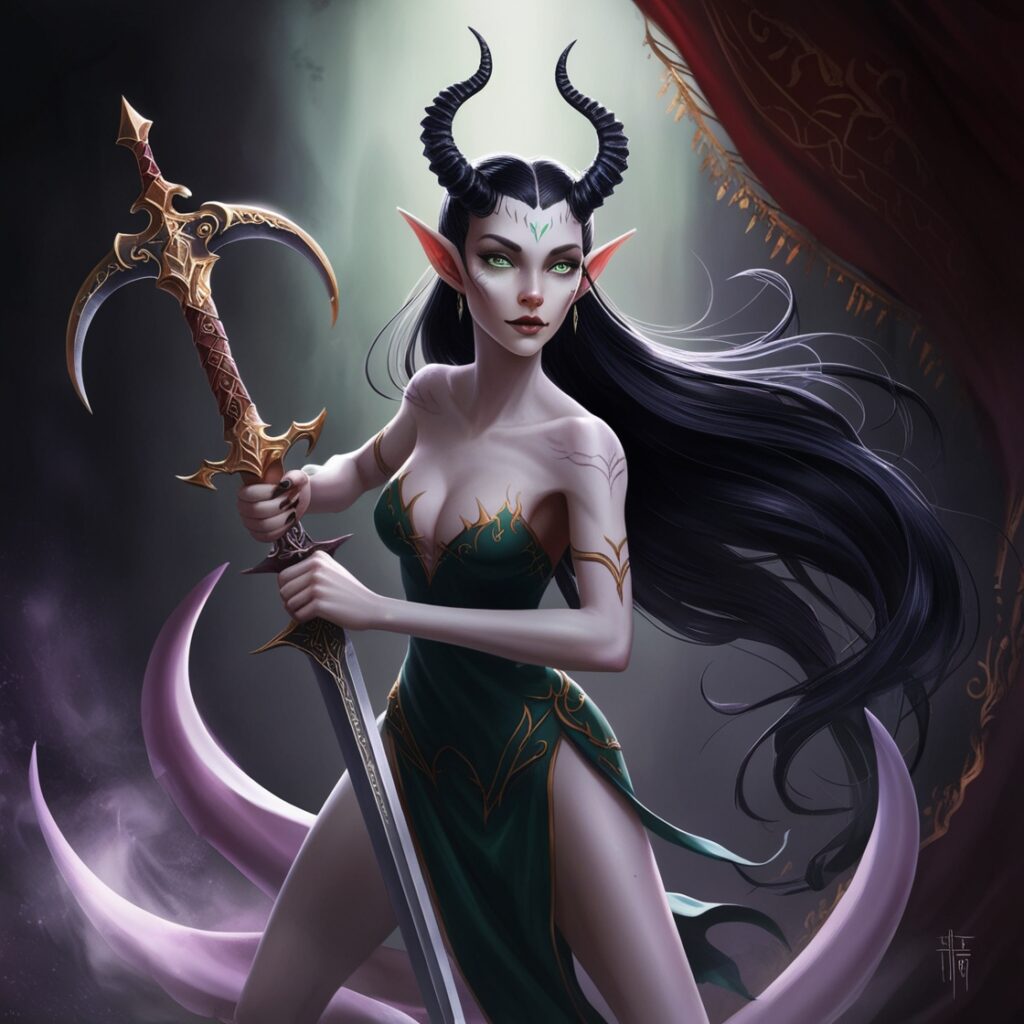Have you ever marveled at names like Li Wei (丽伟 – “beautiful greatness”) or Xia Ling (夏灵 – “summer spirit”)? Chinese names are more than mere identifiers—they’re vessels of heritage, philosophy, and aspiration. Whether you’re naming a character in a story, embracing a cultural connection, or welcoming a new family member, a Chinese Name Generator bridges tradition and creativity. Let’s dive into the art of Chinese naming and how these tools can craft names that resonate deeply.
Why Chinese Names Hold Profound Meaning
In Chinese culture, names are carefully chosen to reflect values, hopes, and even cosmic balance. Unlike Western names, they often incorporate:
- Yin-Yang harmony: Balancing soft and strong characters (e.g., Ming 明 – “bright” paired with Jie 杰 – “outstanding”).
- Five Elements (Wu Xing): Names may include characters linked to wood, fire, earth, metal, or water to align with a person’s destiny.
- Generational poetry: Families use shared characters across generations to honor lineage.
A Chinese Name Generator doesn’t just string syllables together—it channels centuries of linguistic artistry.
Why Use a Chinese Name Generator?
- Cultural Depth, Simplified
Avoid guesswork. These tools draw from historical texts, modern trends, and regional dialects to ensure authenticity. Is Zhang Yulan (张玉兰 – “jade orchid”) fitting for a Qing Dynasty heroine? The generator knows. - Meaningful Customization
Input traits like “wisdom,” “resilience,” or “grace,” and watch the tool pair characters like Zhi (智 – wisdom) or Rong (蓉 – lotus). Want a name that evokes “mountain strength”? Try Shan Gang (山刚). - Adaptable for Any Purpose
Create names for futuristic sci-fi characters, business aliases, or bilingual children. Adjust filters for gender, syllable count (most names are 2-3 characters), or rarity. - Learn as You Create
Many generators explain the stroke order, pinyin (romanization), and symbolism behind each character—ideal for language learners or culture enthusiasts.
List of Chinese Names
| Chinese name | Chinese languages | Gender |
| Yanru Zang | 臧彦如 | Female |
| Yongkai Zhao | 赵永凯 | Male |
| Lianhua Zuo | 左莲花 | Female |
| Xiaowei Zhu | 朱晓伟 | Male |
| Shulan Leng | 冷淑兰 | Female |
| Guoqiang Wei | 魏国强 | Male |
| Ningning Wen | 文宁宁 | Female |
| Zhenxiang Zhuo | 卓振祥 | Male |
| Bingqing Wu | 吴冰清 | Female |
| Hongbin Peng | 彭宏斌 | Male |
Who Needs a Chinese Name Generator?
- Authors & Filmmakers: Build credible characters for historical dramas or modern romances.
- Expecting Parents: Honor heritage or infuse a child’s name with auspicious meaning.
- Business Professionals: Choose a resonant Chinese name for branding or cross-cultural partnerships.
- Gamers & Cosplayers: Name your warrior, mage, or futuristic avatar with precision.
How to Pick the Right Tool
Quality matters. Look for generators that offer:
✅ Pinyin + Hanzi: Ensure proper pronunciation and character accuracy.
✅ Element & Meaning Filters: Tailor names to astrological or philosophical themes.
✅ Historical Context: Does it differentiate between classical and contemporary names?
A Name That Echoes Through Time
Imagine bestowing a name like Li Min (丽敏 – “beautiful and quick-witted”) on a cunning diplomat in your novel, or Chen Hao (晨昊 – “morning sky”) on a child destined for greatness. With a Chinese Name Generator, you’re not just selecting words—you’re weaving fate, culture, and identity into a single phrase.
So, what legacy will your chosen name carry? Step into the world of Hanzi, where every stroke tells a story. Whether for art, family, or curiosity, the perfect Chinese name awaits.
FAQs for Chinese Name Generator
A Chinese Name Generator creates authentic names by blending culturally significant surnames (e.g., Li, Wang) with meaningful given names. It uses databases of Mandarin, Cantonese, and historical names, ensuring phonetic harmony and alignment with traditions like generational naming or virtue-based characters.
Yes! The generator prioritizes authenticity by following naming conventions, such as surname-first order (Zhang Wei), and selecting characters with auspicious meanings (Ming = bright, Xiu = elegance). It avoids random combinations to respect cultural nuances.
Absolutely. Discover names like An (peace) or Jia (family) paired with surnames like Chen or Liu. Filter by meaning, popularity, or regional trends (e.g., Guangdong vs. Beijing) to find a name that carries blessings and heritage.
Chinese names typically start with a one-character surname (e.g., Huang) followed by a one- or two-character given name (e.g., Mei Ling). The generator mirrors this structure, creating balanced names like Zhou Yiran or Xu Kai.
Yes! It accounts for Mandarin, Cantonese (Chan vs. Chen), and dialect-specific names (e.g., Xiao in the North vs. Ho in Hong Kong). Perfect for honoring family roots or setting stories in specific regions.
Definitely. Craft names like Lin Qiao (a Ming Dynasty scholar) or Zhao Meiying (a modern Shanghai entrepreneur). Use filters for era-specific names (Qing Dynasty vs. contemporary) or symbolic traits (courage, wisdom).
Chinese names often reflect virtues (Yong = brave) or natural elements (Feng = phoenix). The generator highlights character meanings, and you can cross-reference with Mandarin/Cantonese dictionaries for deeper insights.
Yes! Balance timeless classics (Wei, Xiu) with trendy picks (Zi Xuan, Hao Ran). It also adapts to unisex trends, offering names like Jun (graceful) or Rui (sharp).
Traditionally, some characters lean masculine (Qiang = strong) or feminine (Xia = summer). The generator respects these nuances while providing flexibility for modern, gender-neutral options like Tian (sky).
By prioritizing authentic combinations and explaining cultural context (e.g., avoiding random “exotic” syllables). It educates users on naming traditions, ensuring respectful usage for stories, avatars, or personal growth.

